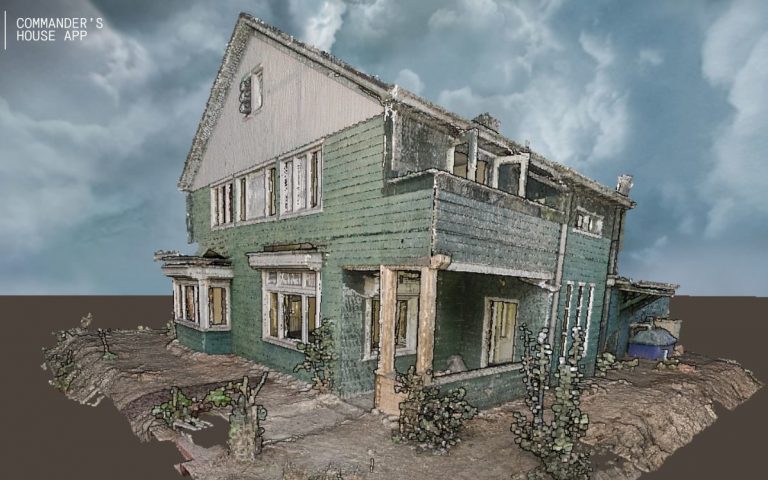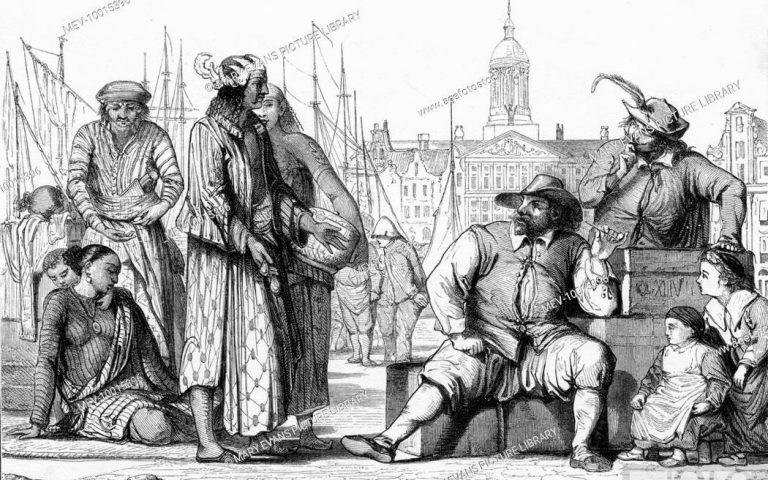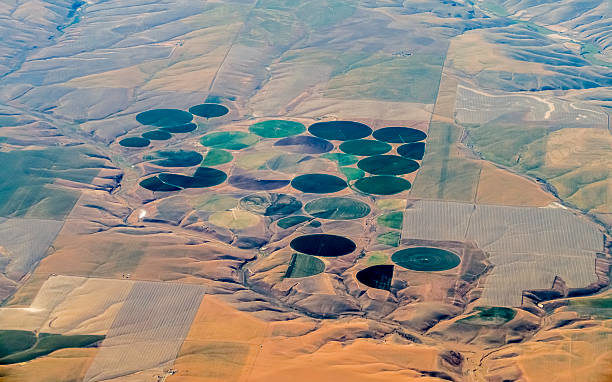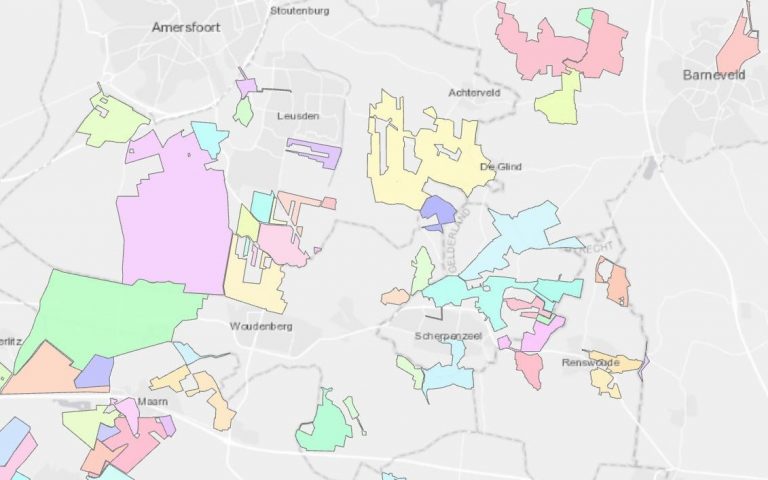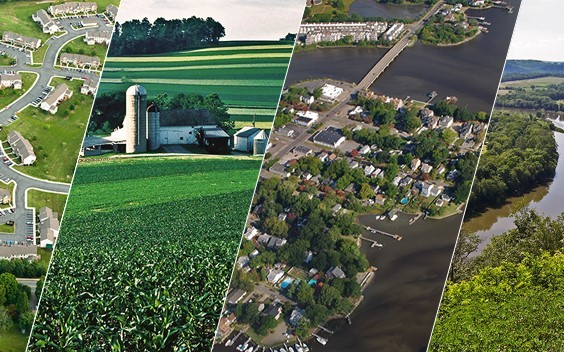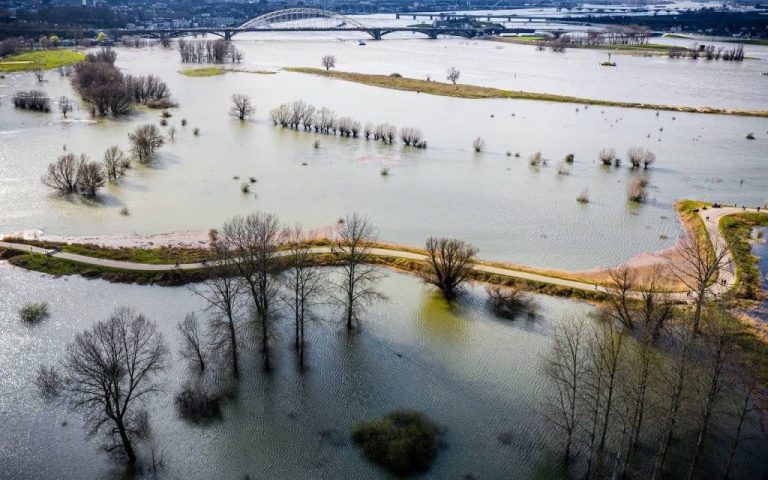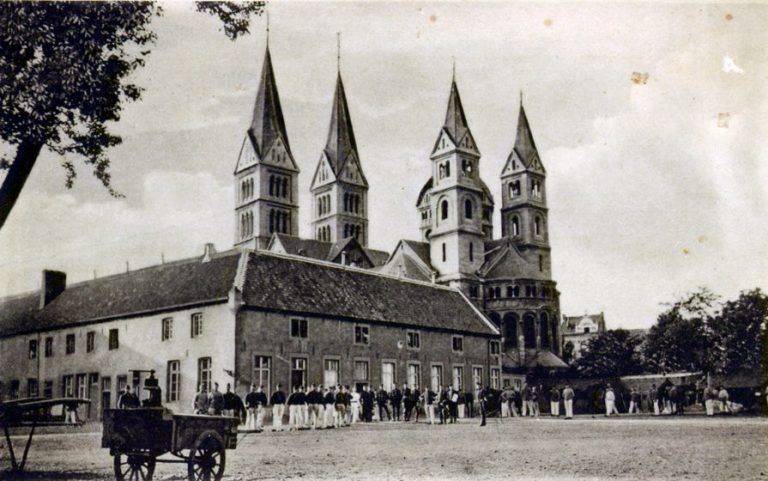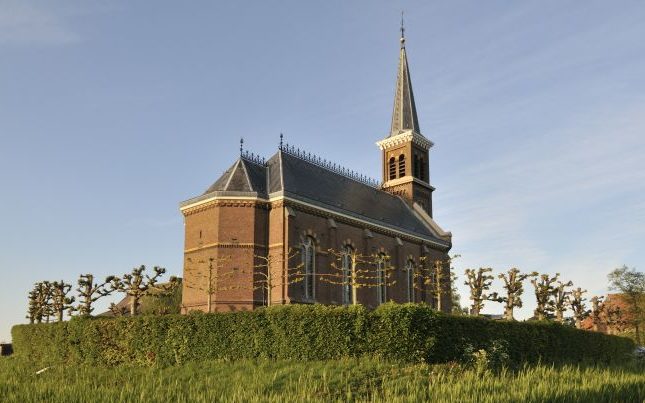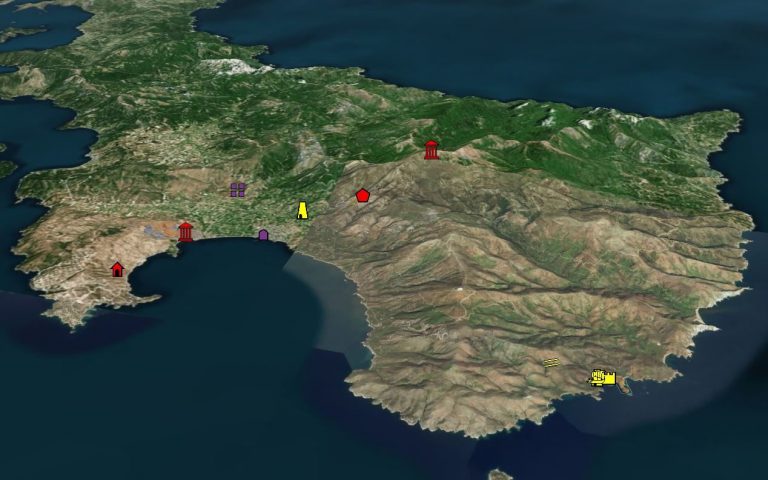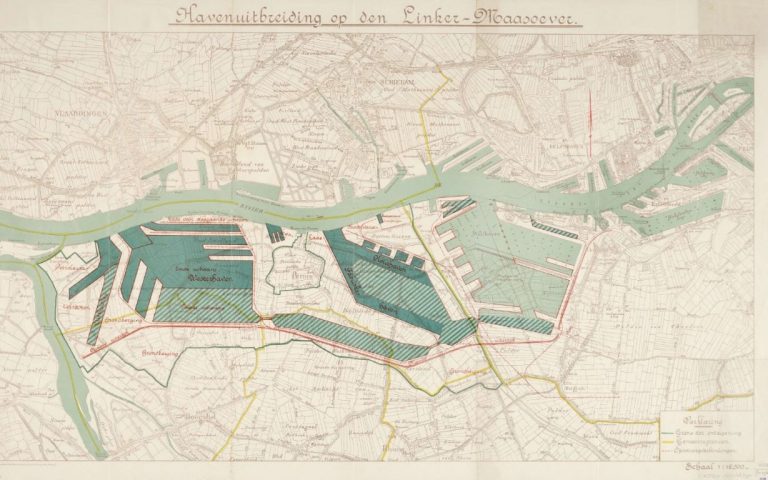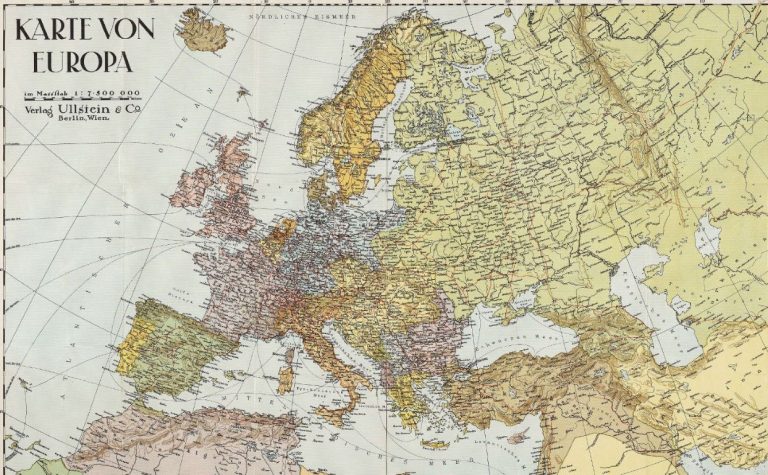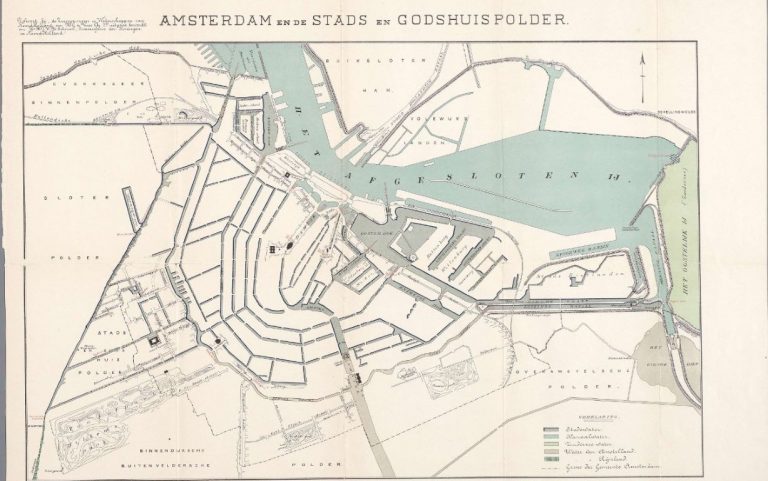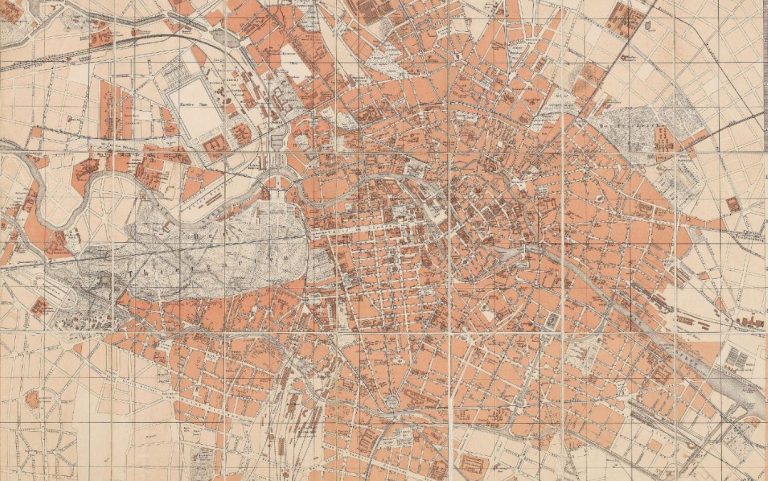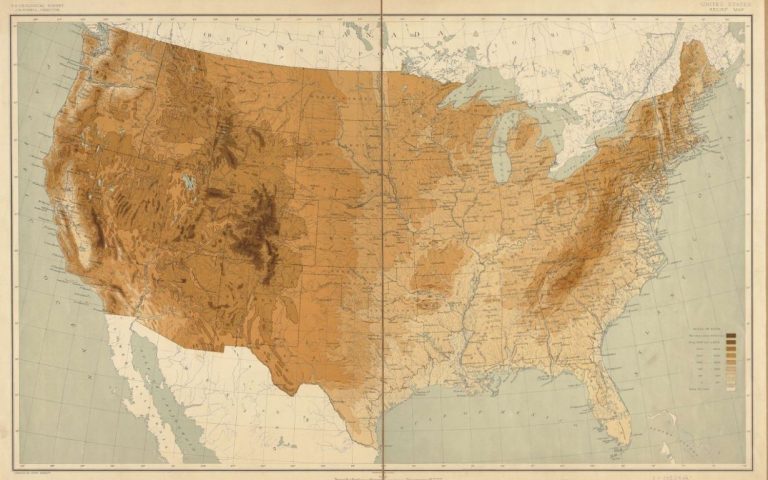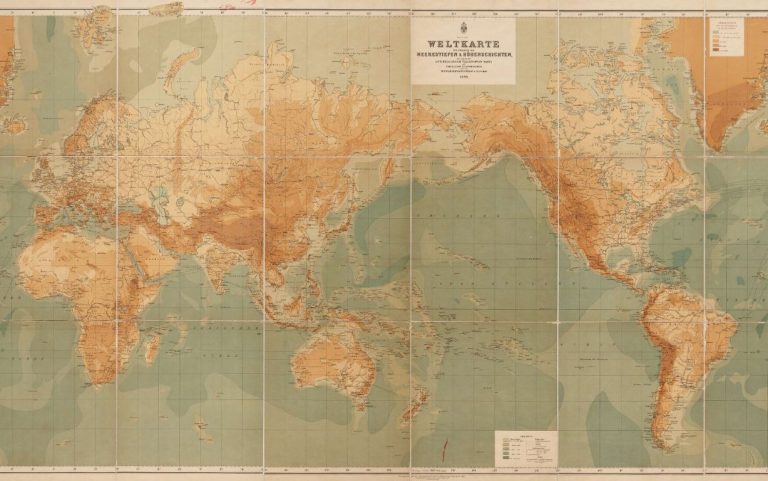Geoplaza
Hier vind je alle informatie over GIS en ruimtelijke data voor de VU.
Selecteer hieronder of je nieuw in GIS bent, student, onderzoeker of docent en vind uit hoe Geoplaza u met uw ruimtelijk onderzoek kan helpen!
-
 Nieuw in GIS
Nieuw in GIS -
 Student
Student -
 Onderzoeker
Onderzoeker -
 Docent
Docent
Wat is GIS?
GIS staat voor Geographic Information System en is een overkoepelende term voor software waarmee ruimtelijke data te bekijken, analyseren en visualiseren is. Ruimtelijke data hebben x- en y-coördinaten en kunnen zo op een kaart worden gezet. Inzicht in ruimtelijke patronen en ontwikkeling is relevant voor veel wetenschappelijke domeinen. Denk aan huizenprijzen (economie), leeftijdsopbouw (sociale wetenschappen), aardbevingen (aardwetenschappen), coronabesmettingen (gezondheidswetenschappen) of archeologische vondsten (geesteswetenschappen). Op de projectenpagina vind je voorbeelden van GIS-projecten aan de VU.
Welke GIS-software ga ik gebruiken?
Er zijn verschillende aanbieders van GIS-software. De meest gebruikte programma’s zijn ArcGIS Pro (Esri) en QGIS (open-source). De VU heeft een campuslicentie voor ArcGIS: alle VU-studenten en medewerkers kunnen kosteloos over ArcGIS Pro beschikken. Lees meer over ArcGIS Pro en QGIS op de software pagina.
Hoe ga ik GIS leren?
Op de VU zijn veel vakken waarin GIS onderwezen of gebruikt wordt. Bekijk de onderwijspagina voor meer informatie en verwijzingen naar de studiegids. Je kunt ook gebruik maken van leermateriaal dat door de softwareleveranciers beschikbaar wordt gesteld. Esri biedt met de Esri Academy en vooral Learn ArcGIS een overvloed aan in instructievideo’s, die aansluiten op jouw niveau en interesse. QGIS verstrekt een online training manual.
Video: What is GIS?
Hoe ga ik GIS leren?
Op de VU zijn veel vakken waarin GIS onderwezen of gebruikt wordt. Bekijk de onderwijspagina voor meer informatie en verwijzingen naar de studiegids. Je kunt ook gebruik maken van leermateriaal dat door de softwareleveranciers beschikbaar wordt gesteld. Esri biedt met de Esri Academy en vooral Learn ArcGIS een overvloed aan instructievideo’s, die aansluiten op jouw niveau en interesse. QGIS verstrekt een online training manual.
Welke GIS-software ga ik gebruiken?
Er zijn verschillende aanbieders van GIS-software. De meest gebruikte programma’s zijn ArcGIS Pro (Esri) en QGIS (open-source). De VU heeft een campuslicentie voor ArcGIS: alle VU-studenten en medewerkers kunnen kosteloos over ArcGIS Pro beschikken. Lees meer over ArcGIS Pro en QGIS op de sofware pagina.
Waar haal ik mijn data vandaan?
GIS biedt een geografische interface, een digitale kaart, waarop je zelf ruimtelijke data kan intekenen, of deze nu afkomstig zijn uit veldwerk, enquêtes of andere bronnen. Je kan ook bestaande ruimtelijke data importeren: online is zeer veel data beschikbaar. Meestal gaat het om open data die je, onder bepaalde gebruiksvoorwaarden, gratis mag gebruiken. We hebben een aantal interessante dataportalen voor je op een rijtje gezet.
Hoe presenteer en deel ik mijn resultaten?
GIS kan resulteren in een kaart, geprint of digitaal. Daarnaast zijn er tegenwoordig veel mogelijkheden om ook online ruimtelijke gegevens aantrekkelijk te presenteren. ArcGIS-online biedt toegang tot tools die daarbij helpen: maak ook een webapp of storymap! Op de projectenpagina worden GIS-gerelateerde VU-projecten in de kijker gezet en je bent van harte uitgenodigd om bij te dragen! Bekijk de mogelijkheden en procedure.
Serviceoverzicht
Het Geoplaza Serviceoverzicht geeft de GIS-gebruiker voor iedere fase in zijn of haar onderzoek mogelijkheden en suggesties. Welke software kan ik gebruiken voor het data-verzamelen? Welke mogelijkheden biedt Geoplaza voor de opslag van ruimtelijke data, ook voor langere termijn? Welk toepassingen zijn geschikt voor data-analyse en data-visualisatie? Op deze en veel andere vragen geeft het Geoplaza Serviceoverzicht een antwoord.
Hoe ga ik GIS leren?
Op de VU zijn veel vakken waarin GIS onderwezen of gebruikt wordt. Bekijk de onderwijspagina voor meer informatie en verwijzingen naar de studiegids. Je kunt ook gebruik maken van leermateriaal dat door de softwareleveranciers beschikbaar wordt gesteld. Esri biedt met de Esri Academy en vooral Learn ArcGIS een overvloed aan instructievideo’s, die aansluiten op jouw niveau en interesse. QGIS verstrekt een online training manual.
Welke GIS-software ga ik gebruiken?
Er zijn verschillende aanbieders van GIS-software. De meest gebruikte programma’s zijn ArcGIS Pro (Esri) en QGIS (open-source). De VU heeft een campuslicentie voor ArcGIS: alle VU-studenten en medewerkers kunnen kosteloos over ArcGIS Pro beschikken. Lees meer over ArcGIS Pro en QGIS op de sofware pagina.
Waar haal ik mijn data vandaan?
GIS biedt een geografische interface, een digitale kaart, waarop je zelf ruimtelijke data kan intekenen, of deze nu afkomstig zijn uit veldwerk, enquêtes of andere bronnen. Je kan ook bestaande ruimtelijke data importeren: online is zeer veel data beschikbaar. Meestal gaat het om open data die je, onder bepaalde gebruiksvoorwaarden, gratis mag gebruiken. We hebben een aantal interessante dataportalen voor je op een rijtje gezet.
Hoe presenteer en deel ik mijn resultaten?
GIS kan resulteren in een kaart, geprint of digitaal. Daarnaast zijn er tegenwoordig veel mogelijkheden om ook online ruimtelijke gegevens aantrekkelijk te presenteren. ArcGIS-online biedt toegang tot tools die daarbij helpen: maak ook een webapp of storymap! Op de projectenpagina worden GIS-gerelateerde VU-projecten in de kijker gezet en je bent van harte uitgenodigd om bij te dragen! Bekijk de mogelijkheden en procedure.
Samenwerken en experimenteren op ArcGIS Online
Het betrekken van ruimtelijke informatie biedt voor veel onderwijs een interessante dimensie. Het lokaliseren van verschijnselen op de kaart is vaak een plezierige, concrete en leerzame manier om met de stof eigen te maken. Geoplaza ondersteunt met ArcGIS Online een laagdrempelige digitale werkomgeving, waarin studenten uiteenlopende geografische data en multimedia kunnen uploaden. Je kan groepen aanmaken, die alleen toegankelijk zijn voor jouw studenten en zo een veilige en afgeschermde werkomgeving bieden.
Data verzamelen!
Voor het verzamelen van geografische data is met ArcGIS Survey123 en de ArcGIS Fieldapp goede tooling voorhanden. Met ArcGIS Survey stel je eenvoudig gestructureerde vragenlijsten op, waarbij je deelnemers vraagt ook locatie(s) op een digitale kaart in te voeren. Wat is er leuker dan in de onderzochte gebied zelf informatie te gaan verzamelen? Met de ArcGIS Fieldapp is het mogelijk op vooraf bepaalde of op nieuw gevonden locaties data te verzamelen. De Universiteitsbibliotheek ondersteunt onderwijs op locatie met iPads.
Ruimtelijke resultaten publiceren
Het online zetten van gemeenschappelijke resultaten van de ruimtelijke inventarisatie levert een mooi tastbaar resultaat op. Gebruik de mogelijkheden die ArcGIS Online en ArcGIS Webapps hiervoor bieden en laat studenten in Storymaps blogs maken met hun ruimtelijke resultaten. Genereer extra aandacht door de resultaten op de projectenpagina te plaatsen: kijk hier voor interessante voorbeelden.

